|
I have been asked this question many times since I began my journey with Alternative Medicine. I came up with my title of ‘Holistic Therapist’ to best describe what I do, but to some, that’s still pretty vague.
Holistic originates from the Greek root ‘holos’ which translates as ‘whole’. The Cambridge Dictionary describes holistic as relating to the whole of something or to the total system instead of just it’s parts. Specifically, in terms of medicine, it says Holistic Medicine attempts to treat the whole person, including mind and body, not just the injury or disease. This suggests that it’s any health therapy that treats the body as one. I wanted to create a concept where one is ‘fixed’ under one roof and to achieve that I needed a four pronged attack. I looked at therapies that can help the physical, emotional, spiritual and psychological parts of our body and worked out how I can obtain the proper recognised training. I wanted to do things correctly so I enrolled in an HNC course in Complementary Therapies and exchanged my full time job for becoming a full time student. Daunting as it was, the course would give me a base to build upon and I discovered how to address the physical body though the medium of Massage, Reflexology, Aromatherapy and Head Massage. I had previously taken extra training courses in Reiki, Theta Healing and Sound Therapy so that completed the spiritual part. Addressing the final two parts, the emotional and the psychological, required training in Counselling and my chosen path of Shamanism. I will qualify in both modalities in 2021 so this will complete my holistic quadrant. Using my intuition and the skills I have acquired; I am now in a position to confidently deal with clients irrespective of their suffering. With so many varied and transferable skills you can maybe understand how the easy option was to class myself as a Holistic Therapist. I have a lot of knowledge on alternative medicine and this became the easier option to trying to explain what it is I do.
0 Comments
To answer this question, is similar to someone asking you what’s the best film you’ve ever seen?
The answer is always going to be subjective and will determine largely on what, if any, previous treatments you have had, what access you have to treatments and maybe how confident you are of trying something new. Holistic Therapies is a general term and there are many therapies that could be classed as Holistic under the ‘Holistic Umbrella’. It may also depend on what the individual therapist classes as Holistic. Holistic originates from the Greek root ‘holos’ which translates as ‘whole’. The Cambridge Dictionary describes holistic as relating to the whole of something or to the total system instead of just it’s parts. Specifically, in terms of medicine, it says Holistic Medicine attempts to treat the whole person, including mind and body, not just the injury or disease. This suggests that it’s any health therapy that treats the body as one. Why are holistic therapies popular? I think many people these days are looking for something different. I say this as numerous customers over the past 2 years have said to me that as good as normal conventional treatments are, it could be argued that they have their limitations. They have also said to me that they have had problems in the past with the long-term dependency and possible side effects that pharmaceutical drugs carry. Holistic therapies offer an alternative which is why I think they have had a surge in interest. In 2008, The Nursing Times claimed that 6 million people received some form of holistic therapy in the UK. Which holistic therapies are the most popular? According to a survey conducted in 2019 by the Federation of Holistic Therapists (FHT) it stated that in the UK the most popular therapy requested by clients was Body Massage followed by Reflexology, Aromatherapy and then Reiki. Body Massage Everyone needs a massage, don’t they? It’s a lovely relaxing treatment that soothes any aches and pains and it’s a safe, fast, convenient and an alternative way to ease and held tension within the body. We all encounter stress at some stage of our lives and it’s for all these reasons and many more that people prefer massage more than any other holistic treatment. Reflexology I have met some people that love having their feet massaged and I have also met a lot of others who hate having people touch their feet and that’s why I reckon Reflexology is a bit like Marmite; you either like it or you don’t. Reflexology works mostly on the soles of your feet and studies have shown that putting pressure on certain reflex points can ease stress, help with circulation, reduce pain and restores a natural balance. Aromatherapy Simply it’s a massage with oils. I love smells and the sensation of smelling the beauty of essential oils is the wonder of aromatherapy. When you realise that the oils have therapeutic qualities this makes aromatherapy a wonderful holistic experience. Awakening the senses by having the oils naturally absorb through your skin is “one of the most pleasurable and relaxing practices”, one of my clients once remarked on. Reiki Does using our hands to heal someone sound a bit ‘woo woo’, to you? Think about what happens if we fall off our bike or we accidently bang our head on a cupboard door. The natural reaction for most of us is to touch the area or rub it to make it better. Have you realised what you are actually doing? You are healing yourself and this is what Reiki can provide to you. The Reiki practitioner helps to ‘fix’ any internal or external issues on a much deeper level. Reiki can help regulate emotions and help to restore balance, it can help ease feelings of anxiety and generally has a calming effect on your body making this a popular alternative to achieve optimum health. References: Nursing Times (2008) https://www.nursingtimes.net/roles/nurse-managers/use-of-complementary-and-alternative-medicine-is-rapidly-increasing-23-11-2008/ FHT Survey (2019) www.blog.fht.ord.uk/2019/05/17/body-massage-is-the-most-popular-complementary-therapy-with-clients/ When saying Shamanism to others I often have to explain what the term means. For the non spiritual among us it can be difficult to translate into simple language, so I usually start gently and explain it's a form of alternative medicine that uses spirit as a helping guide. Most will just nod in acknowledgement; others will probe me further to satisfy their own curiosity.
Shamanism is a term that has been around for over a hundred thousand years and comes from the Tungus tribe in Siberia and means ‘spiritual healer’ or ‘one who sees in the dark’. A shaman can be a man or a woman who can see things in other dimensions that others cannot. This is done by connecting through their heart to helping and compassionate spirits which provide a doorway of information in these dimensions. These spirits are usually nature based and can be, but not limited to, animals, plants and trees. To call oneself ‘a shaman’ is littered in controversy as many western countries have been using this term for monetary gain and for increased personal status. No-one can just become a Shaman or call themselves one. You will be chosen by spirit and you will usually go through extremely tough initiations such as death and illness. Knowledge gained from these initiations are lessons learned and provide personal growth in order to teach others. A Shaman will take part in a number of different ceremonies and will learn a number of key skills. To gain access to the unseen worlds the Shaman will usually enter a trance-like state most often initiated by drumming or rattling. Note well that becoming a qualified Shamanic Practitioner does not automatically mean you can call yourself a Shaman. A Shaman could be described as a ‘technician of the sacred’ and as well as a healer, they are often leaders of the community, doctors, priests, psychotherapists, mystics and storytellers. Shaman’s can also provide help for those being born into the physical world as well as providing support for departing beings. I hope this small introduction helps to clarify what Shamanism is. It's my first post on my neglected blog for quite some time but i thought i would share with you some of the amazing health benefits that Essential Oils can bring. I have just started to use doTERRA oils and the transformation in my own health has been nothing short of amazing.
I have always suffered from lower back pain and doTERRA do an amazing blend called DEEP BLUE. It's a subtle blend that has the most amazing uplifting smell that gets to work on any muscular pain straight away. A couple of drops directly onto the area made the muscles loosen up instantly and within 20 minutes i had much more movement than before. Their oils are 100% certified pure therapeutic grade and i believe that it's their purity than makes such a difference. When we peel an orange, walk through a rose garden or rub a sprig of lavender between our fingers, we are all well aware of the special scent of that plant. But what exactly is it that we can smell? Generally speaking, it is essential oils which give spices and herbs their scent and flavour, flowers and fruit their perfume. The essential oil in the orange peel is not difficult to identify; it is found in such profusion that it actually squirts out when we peel it. The minute droplets of oil which are contained in tiny pockets or glandular cells in the outer peel are very volatile, that is, they easily evaporate, infusing the air with their characteristic aroma. Each plant has many different characteristics and the method of extracting the oil varies between plant to plant. Steam distillation is a very time consuming process and very fragile. Water is boiled creating a steam that is passed through the plant material. The steam then carries the aromatic compounds to a collection tube where the steam cools. From there, a pure, clean essential oil can easily be separated from the water. Cold pressing is another method which involves pressing the plant material with mechanical force cold water and extracting the oil from the rind of a lemon for example. The benefits of their usage affects the skin, the circulation, muscles and joints, the respiratory system, immune system, digestive system, the endocrine system and the nervous system. The oils also carry a wonderful aroma and when breathed in can help lift our mood and affect us psychologically. The best thing for me about essential oils is that they are a natural form of healing and offer an amazing alternative to pharmaceutical drugs. Studies have shown the long term benefits of using essential oils and how they can help alter your own health. It's very important to make sure that if you do intend to use essential oils, it is best to do your research first to find out which oil is best to suit your individual requirements. Make sure you use them safely and always do a skin test first before applying directly to the skin. If you fancy learning more about doTERRA oils feel free to head over to the HOLISTIC DIRECTIONS WEBSITE |
Archives
June 2022
Categories |
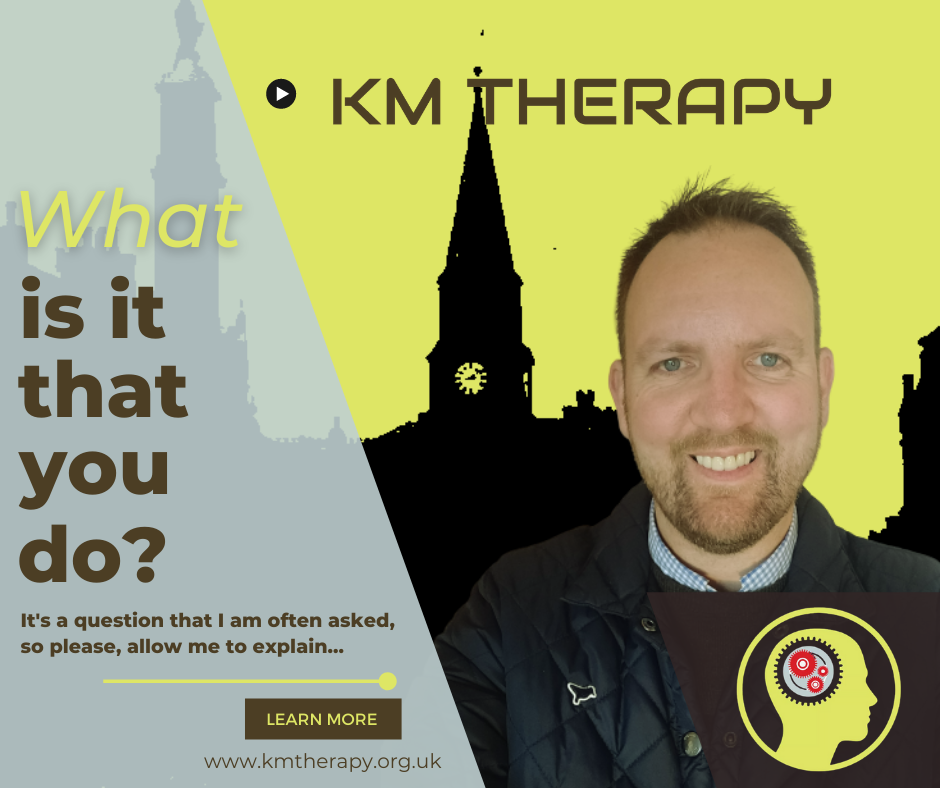
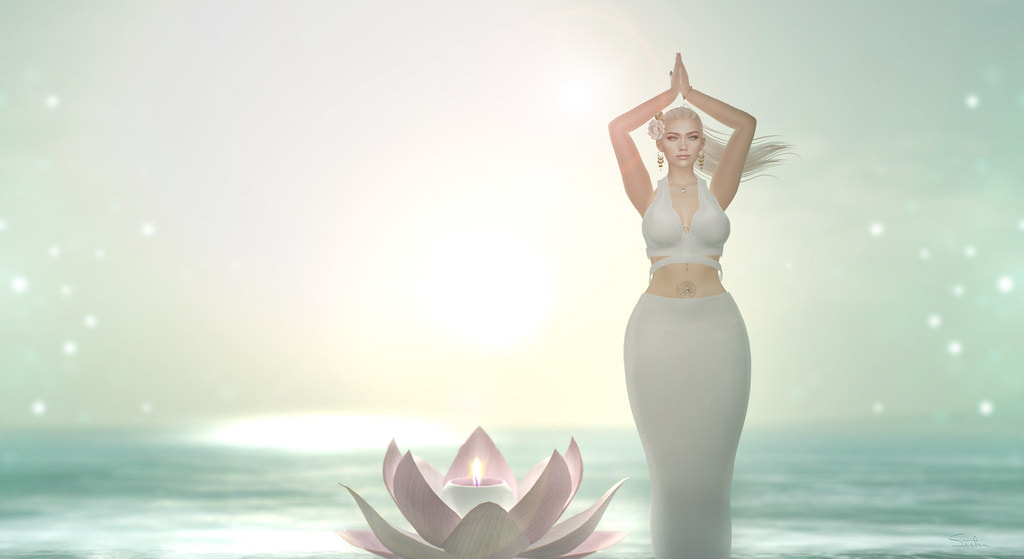
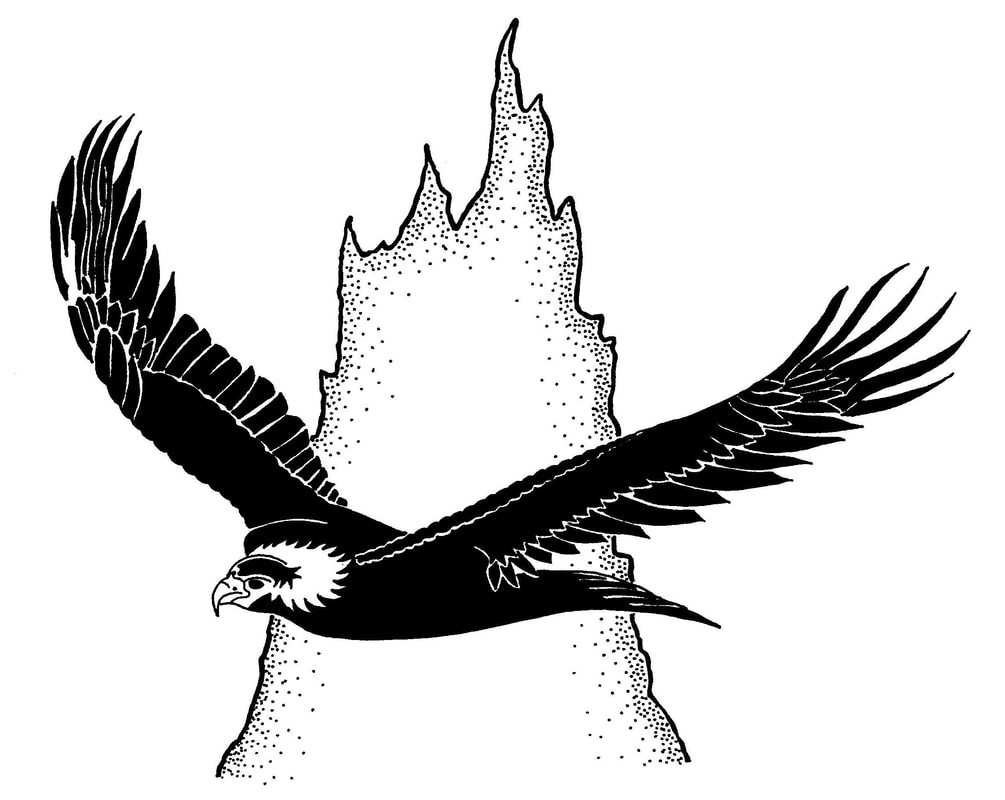
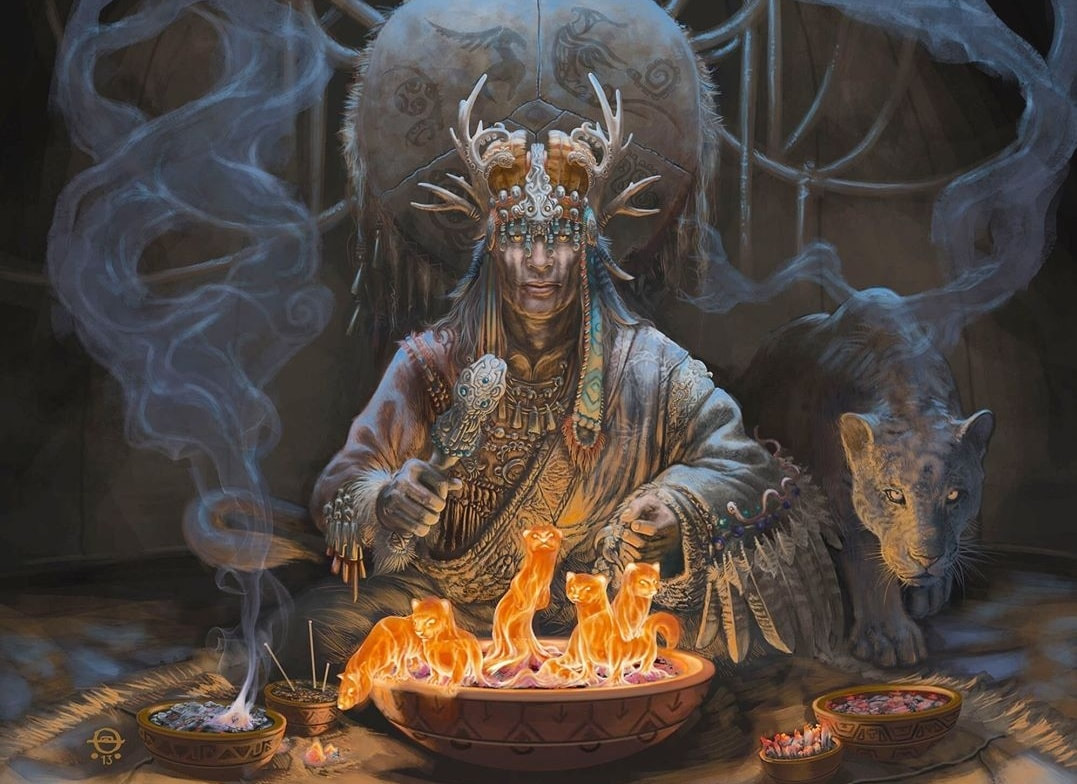

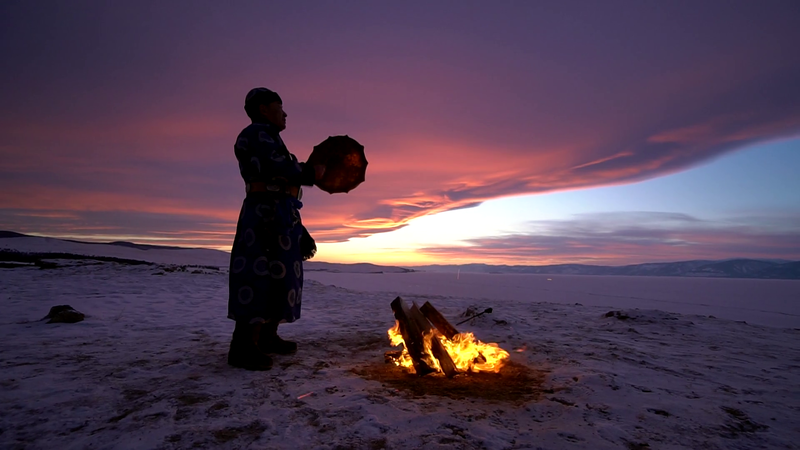
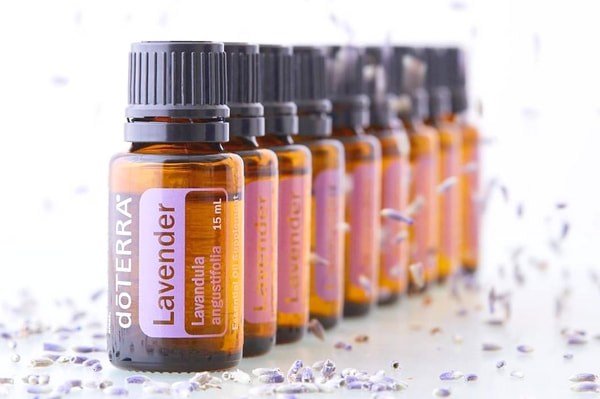
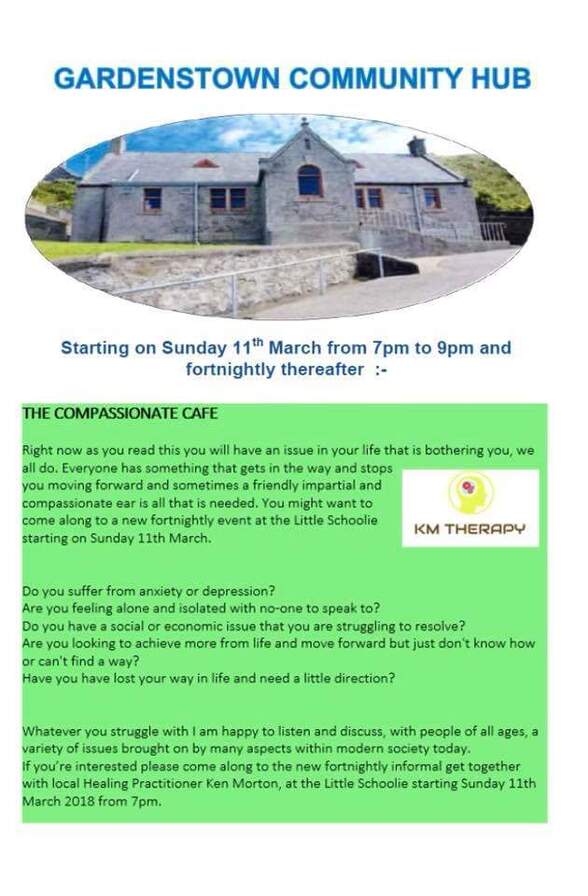
 RSS Feed
RSS Feed